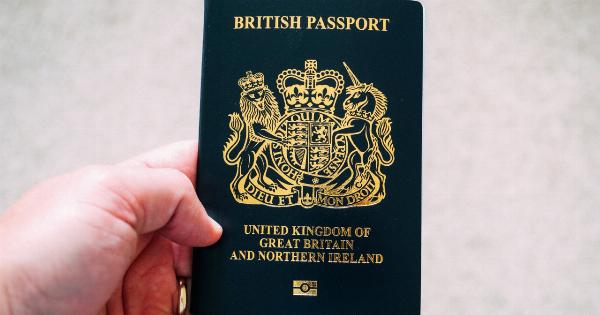Private security has become an integral part of the modern security landscape. With increased crime rates and the threat of terrorism, many individuals and organizations have turned to private security services to keep their premises safe.
However, in recent times, there has been a suspension of scheduled interventions for private security. This article seeks to examine the reasons for this suspension and provide insights into understanding it.
Reasons for the Suspension of Scheduled Interventions for Private Security
The suspension of scheduled interventions for private security can be attributed to a number of factors. One of the major reasons is the outbreak of the COVID-19 pandemic.
The pandemic resulted in lockdowns and travel restrictions across the world, making it difficult for private security firms to operate as they normally would. With their personnel unable to move freely and also with concerns around the spread of the virus, many firms were forced to suspend their scheduled interventions.
Another reason for the suspension of scheduled interventions for private security is the increase in security threats in various regions. In some areas, there has been an upsurge in criminal activities, such as armed robbery and kidnappings.
This has made it difficult for private security firms to operate effectively, as they are often targeted by criminals. As a result, many firms have decided to suspend their scheduled interventions in such areas to ensure the safety of their personnel.
Impact of the Suspension of Scheduled Interventions for Private Security
The suspension of scheduled interventions for private security has had a significant impact on both individuals and organizations.
For individuals who rely on private security for their safety, the suspension has left them vulnerable to security threats. They have had to find alternative means of keeping themselves and their property safe, which in some cases may not be as effective.
For organizations, the suspension of scheduled interventions has affected their ability to conduct business as usual. They have had to come up with alternative security measures to ensure the safety of their premises and personnel.
This has, in turn, increased their operating costs, which may have an impact on their bottom line.
The Way Forward
To address the suspension of scheduled interventions for private security, it is important for stakeholders to work together to find lasting solutions.
Private security firms should explore innovative ways of providing their services, such as the use of technology to monitor premises remotely.
At the same time, governments should provide an enabling environment for private security firms to operate effectively. This could include the provision of security escorts for private security personnel in high-risk areas.
Law enforcement agencies should also work hand in hand with private security firms to address security threats.
Conclusion
The suspension of scheduled interventions for private security has had significant implications for individuals and organizations that rely on such services.
The reasons for the suspension are many, including the outbreak of the COVID-19 pandemic and the increase in security threats in various regions. To address this, it is important for stakeholders to work together to find lasting solutions that will ensure the safety of everyone.



























